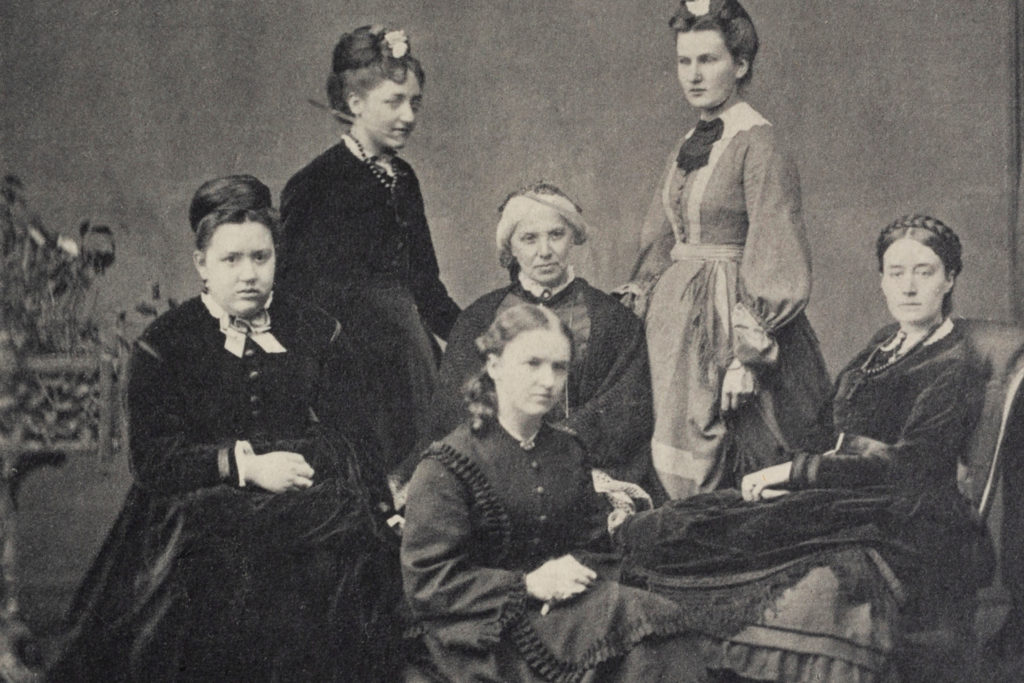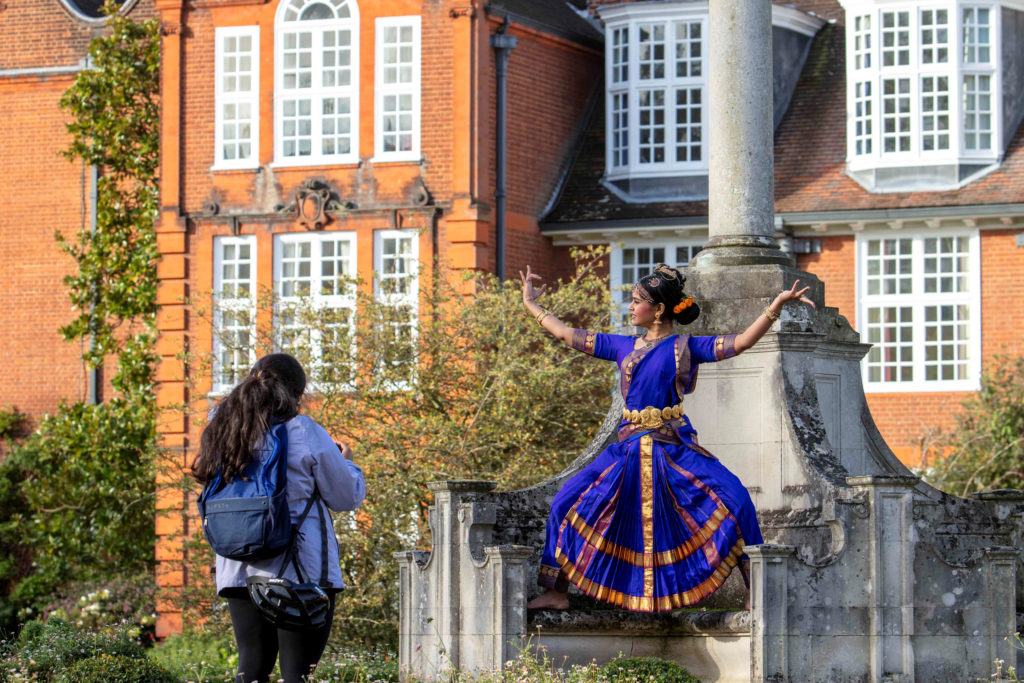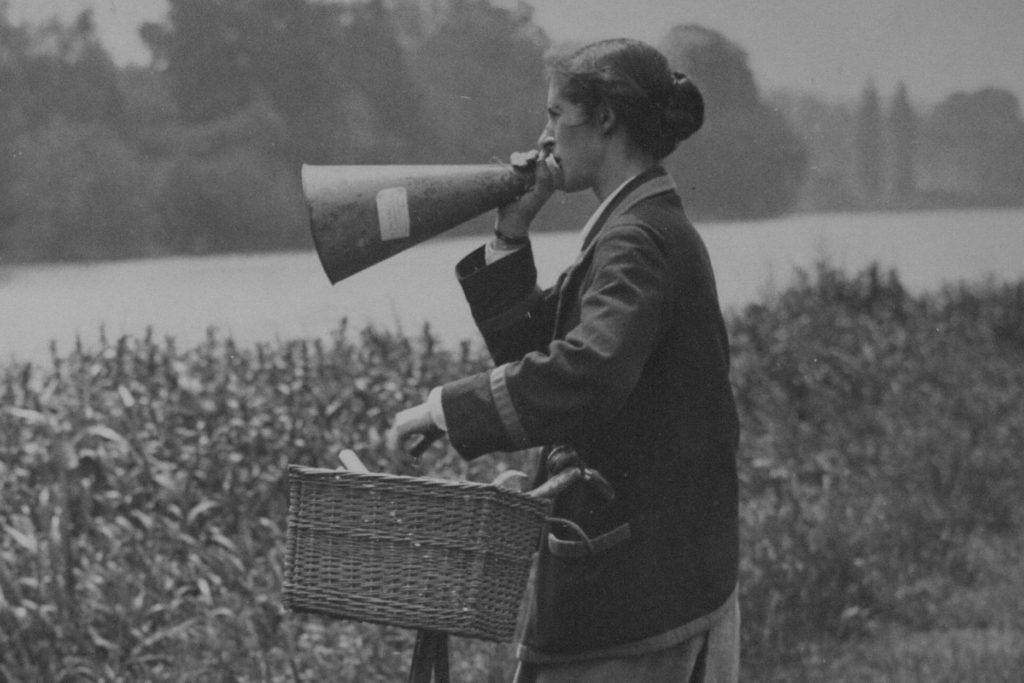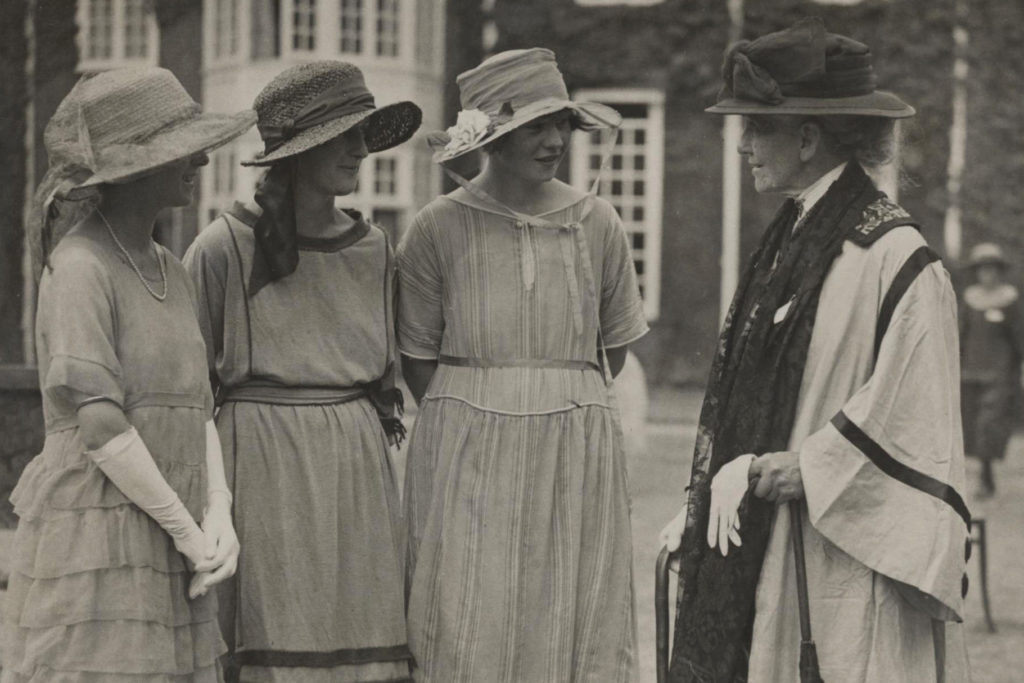Penny Endersby - The Science
Adam Pellegrini - the Natural World
Alice Moncaster - the Built Environment
Claire Barlow - Beyond Climate change
Four expert views from the cutting edge of climate change research.
Professor Penny Endersby (NC 1988; Chief Executive, the Met Office): The Science of Climate Change
What’s going on? How do we know? How certain are we? Why does it matter? What needs to be done about it? Penny will cover both the need for mitigation and adaptation.
Dr Adam Pellegrini (Senior Member of Newnham College, University Lecturer in Plant Sciences): Climate Change and the Natural World
Climate change brings increasing risk of hazards such as devastating wildfires in the Mediterranean, the western United States and the boreal forest. The recovery of ecosystems from wildfires can play an important role in offsetting climate change because of the CO2 it sequesters, but how will this carbon cycle respond to intensifying wildfire regimes?
Dr Alice Moncaster (Senior Lecturer in Sustainable Construction, Open University; former Fellow of Newnham College): Climate Change and the Built Environment
We spend the majority of our lives in buildings, and infrastructure provides us with essential services. However, their construction and operation use huge amounts of energy and materials. What can we do to reduce the impact of the built environment while adapting to future climates?
Dr Claire Barlow (Fellow of Newnham College, Senior Lecturer in the Department of Engineering): Beyond Climate Change
Climate change is of paramount importance, but the health of the planet is determined by complex interdependencies: fix one aspect, and something else may suffer. Appropriate responses to climate change and mitigation measures therefore require a balanced approach that incorporates systems thinking. An example of this is the need to take full account of lifecycle considerations in our design, use and disposal of goods and products: to what extent can a circular economy enable us to find answers?

ABOUT THE CONTRIBUTORS
PENNY ENDERSBY became the Chief Executive of the Met Office in 2018, the first woman to hold the position. She is a physicist and engineer by training and studied Natural Sciences at Newnham with the help of scholarships from WISE and British Gas. She has had a distinguished career as a government scientist and leader, mostly in the Ministry of Defence. Penny is a visiting professor in the Electronics and Computer Science Faculty at Southampton University. She has been a trustee of the Institute of Physics and Wiltshire Wildlife Trust and a director of Ploughshare Innovations Ltd.

ALICE MONCASTER’s research seeks to radically improve the environmental and social sustainability of the built environment. Her work on the impact of ‘embodied carbon’ in buildings has led to major changes in the construction sector. She represents the UK on two International Energy Agency bodies, working with other global experts to develop guidance on reducing environmental impacts of buildings. At the Open University, Alice is also engaged with improving inclusivity and diversity within engineering and the built environment.

ADAM PELLEGRINI and the Disturbance Ecology and Ecosystem Function group he leads research questions like: How do ecosystems respond to changes in disturbance regimes, such as fire suppression in naturally burning savannas, or more frequent burning in forests that historically only burned periodically? What fundamental processes govern the responses of ecosystems to these changes, such as the role of soil properties and plant community composition? The work is grounded in experimental research, looking at fire manipulation experiments across the globe.

CLAIRE BARLOW’s research focuses on environmental aspects of the production, use and disposal of engineering materials, developing new recycling possibilities for a range of materials including natural materials, paper, aluminium and plastics. Plastic packaging is a major current concern: it’s a complex problem which needs to be addressed in the context of function of the packaging in protecting its contents. This ‘systems’ approach is central to all Claire’s environmental work, as simplistic solutions can have devastating unintended consequences. She is also interested in the connections between waste management and wider industrial, social and political issues around the world.
Don’t miss hearing about Newnham’s gardens, including the students’ experiments with permaculture.








